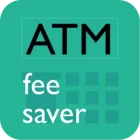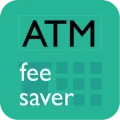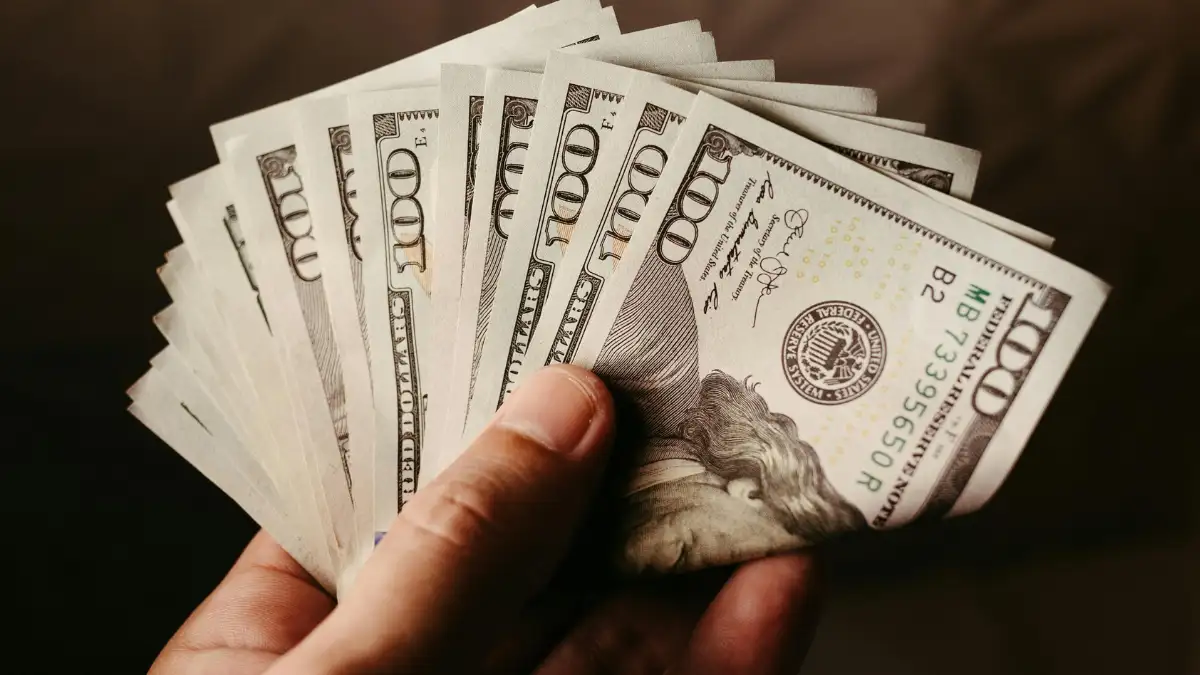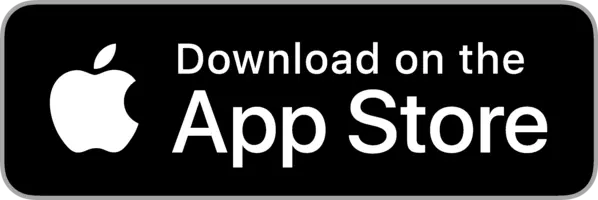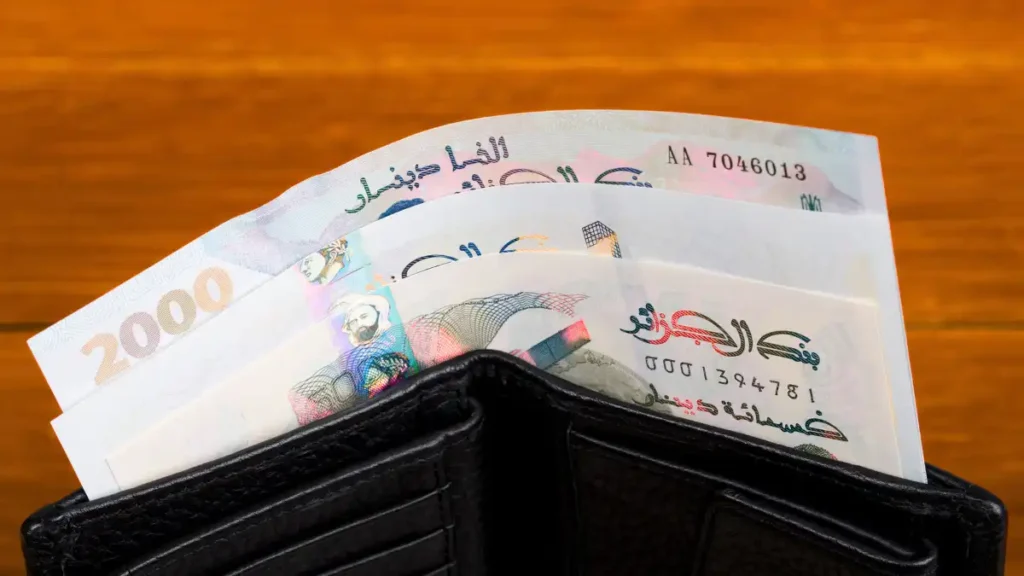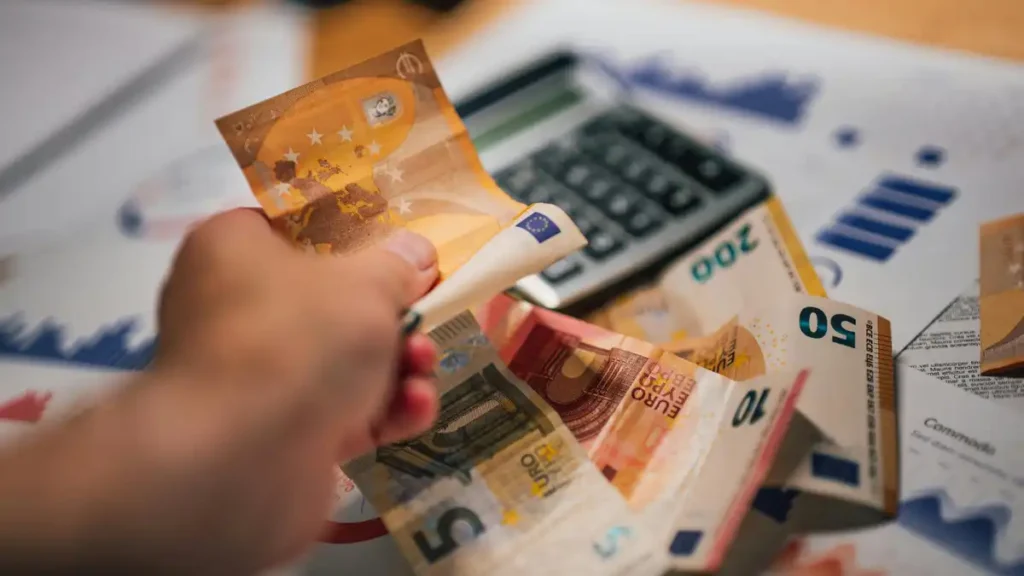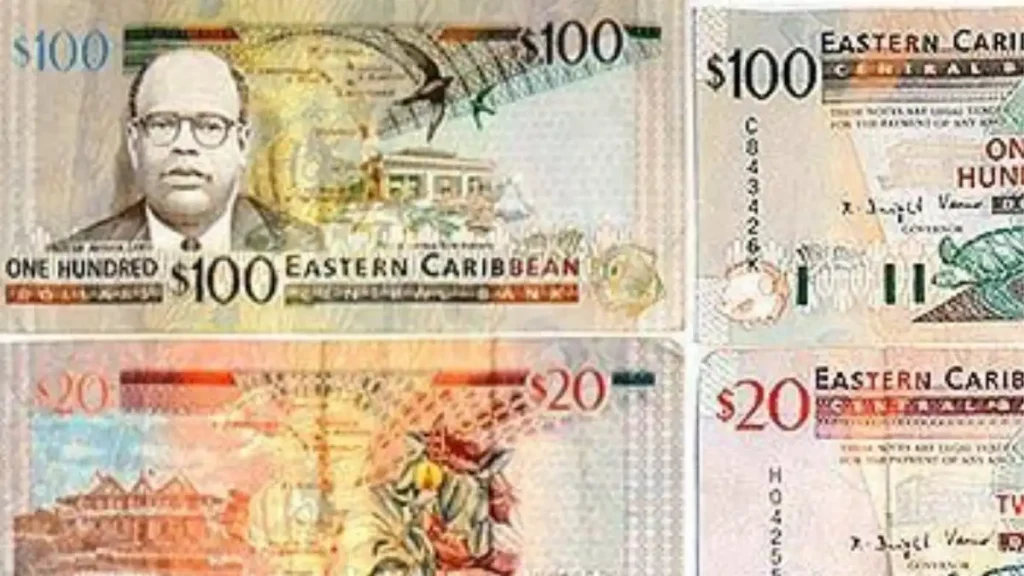Zimbabwe’s dramatic landscapes, wildlife reserves, and resilient culture offer a memorable travel experience – but navigating money in Zimbabwe and understanding how currency works is essential due to its complex monetary system. Whether you’re visiting Victoria Falls, shopping at local markets, or paying for national park entry, knowing how to pay is vital. This guide explains what currency to bring, how to get money and currency in Zimbabwe (Zimbabwean Dollar – ZWL, with USD widely used), tips for using cash and cards, and key dos and don’ts. With the right knowledge, you’ll avoid confusion and enjoy Zimbabwe’s highlights with ease.
How to pay in Zimbabwe – cash or card?
In Zimbabwe, cash is the most accepted form of payment in most places. Payment can be tricky due to the mix of local currency (Zimbabwean dollar – ZWL) and the widespread use of U.S. dollars (USD) for many transactions. Cash, especially USD, is preferred in most situations. Tourist hubs may take cards, but many hospitals, clinics, and local businesses insist on cash.
You can use cash for:
- Public Transportation: Buses, minibuses, and taxis are cash-only.
- Street Vendors and Markets: Fresh produce, crafts, and souvenirs are usually paid for in cash.
- Small Businesses: Local cafés, shops, and informal services prefer cash.
- Hostels and Guesthouses: Many budget accommodations require payment in cash (often USD).
- Tips and Gratuities: Cash tips are customary for guides, drivers, and hospitality staff.
- Rural Areas: Card facilities are rare outside tourist hubs.
You can use card for:
- Hotels: Mid- to high-end hotels in Harare, Victoria Falls, and other tourist spots accept cards.
- Restaurants: Some urban restaurants and hotel dining rooms take cards.
- Retail Stores: Larger supermarkets and malls may accept cards, but systems can be unreliable.
- Car Rentals and Tours: Established operators often accept cards, though some still prefer cash.
- Online Bookings: Flights, certain hotels, and tours can be booked online by card.
What’s the best currency to take to Zimbabwe?
While the Zimbabwean Dollar (ZWL) is officially in use, in practice, the economy runs mainly on US Dollar. And in some cases, the South African Rand (ZAR). USD is the best and most widely accepted currency to take – especially in cities, tourist areas, and for accommodation. Many prices are listed in USD, and most vendors prefer it due to ZWL volatility.
Other currencies like GBP or Euros are not accepted.
Where to get currency in Zimbabwe?
There are 3 main ways to get cash in Zimbabwe. They are:
- ATMs, or
- Currency exchange, or
- Money transfer & local pick-up
Types of cards to swipe in Zimbabwe
Establishments with POS machines readily accept Visa and Mastercards for swiping. You might also find some places that accept Amex and other cards, albeit less frequently.
Types of cards at ATMs in Zimbabwe
If you’re withdrawing money in Zimbabwe from an ATM, ATMs commonly accept Visa and Mastercard. However, some of them accept only Visa and some of them only Mastercard so better to carry one of each at least. Only a handful of the ATMs here accept Plus, Cirrus, CUP, JCB, or Maestro cards. Others like American Express, Diners, Discover and Rupay cards are generally not accepted.
Should I exchange money before travelling to Zimbabwe?
Zimbabwe currently uses a multi-currency system, with the Zimbabwean Dollar (ZWL) and US Dollar (USD) both in circulation. However, USD is strongly preferred for most transactions, especially by tourists.
You can use ATMs once you arrive. It’s best to bring USD in cash, particularly in small denominations ($1, $5, $10, $20), as change is often scarce. ATMs are not always reliable for foreign card withdrawals, and currency exchange can be limited or unpredictable.
Avoid relying on card payments, as many local businesses operate on a cash-only basis, and even larger places may experience network issues.
Where to withdraw money in Zimbabwe
You can withdraw money in Zimbabwe at leading bank ATMs in the country. The best ATMs for foreigners to use in Zimbabwe are those owned by popular banks such as:
- Ecobank,
- Stanbic Bank,
- Steward Bank, and
- First Capital Bank.
There are other banks with ATMs that also accept international debit and credit cards.
There are no known Global ATM Alliance member banks or All Points network banks in Zimbabwe.
For a detailed guide, read Cash and ATMs in Zimbabwe.
Where to exchange currency in Zimbabwe
Common places to exchange currency in Zimbabwe are licenced exchange bureaus or banks.
Currency exchange offices: Found mainly in Harare, Bulawayo, and Victoria Falls. Licensed bureaux de change and hotels offer exchange services, but rates vary. Always ask for the official rate and avoid street money changers due to high risk of scams.
Banks: Banks like CBZ Bank, Stanbic Bank, and FBC Bank offer limited currency exchange services and often have queues. Hours are generally Monday to Friday, 8:00 AM to 3:00 PM.
Pro Tip: Bring small USD denominations (1s, 5s, 10s) as change is often unavailable. Avoid older or damaged notes, which may be rejected. Credit card acceptance is improving in hotels and some shops but is still inconsistent.
You can find good currency exchanges in Zimbabwe using the ATM Fee Saver app – it will guide you to the nearest currency exchange on the map. The app helps you with forex places in 160+ countries, including Zimbabwe. Download now from the App Store or Play Store.
Avoid Airport Exchanges and no-fee exchange offices: They have the highest fees and poorest exchange rates. Wait to get to the city to exchange cash.
Is carrying cash in Zimbabwe safe?
Carrying cash in Zimbabwe is necessary, but it comes with risks due to occasional shortages, currency instability, and petty theft in urban areas. US Dollars are widely accepted and often preferred over the Zimbabwean Dollar in many places. To carry cash safely in Zimbabwe:
- Bring sufficient US Dollars for your entire trip, especially if visiting rural areas.
- Divide your money across multiple secure places – wallet, belt pouch, or locked bag.
- Avoid displaying or counting money in public spaces or at ATMs.
- Use ATMs inside banks or major hotels – some may not be reliably stocked.
- Keep small bills for local transport, shops, or tips – change can be difficult to get.
- Be extra cautious in crowded places like Harare city center or near bus terminals.
Is it better to use debit or credit cards or pay by cash in Zimbabwe
Use a card if it is fee-free i.e. your bank does not charge any fees to swipe the card, when the merchant / POS also does not impose any extra charge to use a card, you need to use the insurance of the card, don’t want to block cash of large purchases and card’s swipe fees are lower than withdrawal fees.
Pay by cash by withdrawing cash from ATM or exchanging currency where – fees on ATM withdrawals are lesser than fees on swiping cards, you don’t want to leave any digital footprint of your expenses, it is convenient and easier to conduct transactions.
